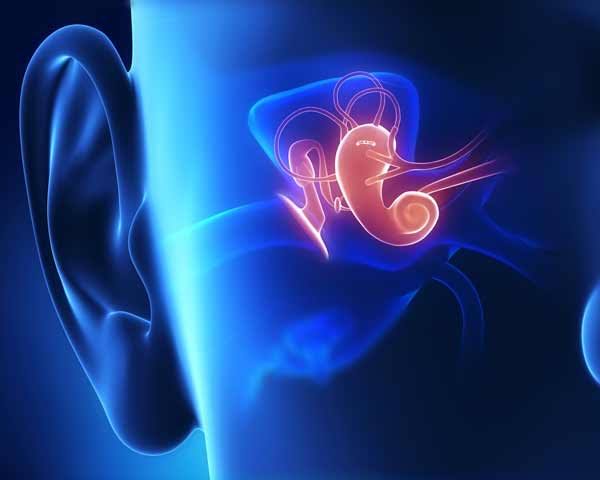We often overlook the importance of prioritizing hearing health. It’s one of the most necessary sense organs. Hearing loss is one of the most prevalent chronic conditions that people of all ages experience. Unfortunately there comes a time for almost everyone – 1 in 3 over the age of 65 to be exact – when hearing clearly in a noisy environment starts to become difficult. Although you may associate hearing loss as something that comes with ageing, recent studies have shown an alarming trend among young people of being at risk of hearing loss from prolonged exposure to loud noise, often from listening to music on their mobile devices. The loud noises of the loudspeakers, traffic, and entertainment places add to the peril. Noise pollution is one of the biggest challenges for human kind.

Unfortunately many memory loss diseases are associated with hearing loss. Parkinson disease, several types of dementia, present as hearing loss in early times.

Hearing loss affects a person’s capacity to absorb and process sound which produces various symptoms that strain communication – a critical way we navigate daily life. While some causes of hearing loss are not preventable, others are. Sometimes hearing loss is irreversible. This means that there are strategies and safety measures you can practice to prevent the development of hearing loss. A few healthy habits you can follow to protect your hearing include the following:
Wear hearing protection. A common cause of hearing loss is loud noise. Presently heavy traffic and loudspeakers cause noise pollution damaging our hearing apparatus. The entertainment industry is also a prime culprit for noise pollution. Exposure to loud noise just one time or regularly can permanently damage the auditory system which is the sensory system for hearing. We are exposed to everyday noises that can be hazardous to hearing too in households. Wearing hearing protection is an effective way to reduce the amount of loud noise you absorb, reducing your risk of developing impaired hearing.
Maintain low volume: Sound is measured in units known as decibels(dB) and noise above 85dB is potentially harmful to hearing. One way we are easily exposed to this level of sound is by listening to the audio on personal devices (through headphones). According to the World Health Organization: 1.1 billion teens and young adults are at risk of noise-induced hearing loss. 50% of people, ages 12-35, are exposed to unsafe noise from personal audio devices. Personal audio devices (cellphones, speaker) can get up to 100dB which is hazardous for hearing. So, it is important to maintain appropriate levels of volume.
Eat a nutritious diet. Healthy diets boost energy, decrease health risks, support air and blood flow, etc. But a healthy diet can also support hearing health. Various studies show that healthier dietary patterns can reduce the risk of hearing loss. This includes a 2019 study that showed that people who followed healthier dietary patterns were: 25% less likely to develop high-frequency hearing loss and 30% less likely to develop mid-frequency hearing loss (1). These dietary patterns were high in plant-based foods, contained no processed foods, and emphasized whole grains as well as meat and alcohol in moderation. Also, several nutrients and vitamins support hearing health including potassium, magnesium, folate, and B12. The food we eat directly affects our overall well-being, including our hearing health. Eating a balanced diet rich in vital nutrients can prevent potential damage and boost our ear health. Fish, banana, legumes, broccoli, garlic etc helps in hearing health.
Exercise regularly. Exercise also offers numerous benefits including supporting brain health. 30 minutes of daily exercise or 150 minutes of weekly exercise helps in better hearing health. Strengthened cognitive functions and capacities are also great for hearing health because the brain plays a key role in how we process and understand sound.

Have a nice sleep Getting quality sleep is essential for your overall health. But according to the National Sleep Foundation: 35% of adults do not receive the recommended amount of sleep per night (7-9 hours) and 50-70 million adults have a sleep disorder. In addition to producing the symptoms of poor sleep – irritability, fatigue, inability to focus – poor sleep can impact brain and hearing health. So be sure to create the most optimal conditions to get quality sleep. This includes creating a night routine that helps calm you, avoiding screens at least 30 minutes before sleeping, investing in the most comfortable bedding for you, etc. For that, we should follow good sleep hygiene.
Keep your ear clean: Clean your ears regularly. Dust and other external objects block ears. Sometimes these waxes cause deficits in hearing and pain in the ears. Sometimes these things cause infection and cause injury to eardrums.
Please read and share and help everyone to take care of their hearing.


Leave a Reply